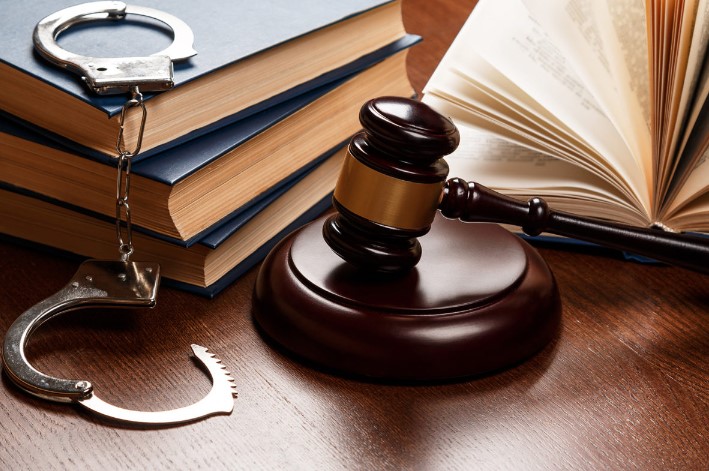Thinking about hiring a criminal defense attorney? If so, you’ll probably have some questions about what they can do for you and how much it will cost. You can read articles online or get advice from friends, family, or acquaintances who have hired attorneys in the past; but to really know whether a defense attorney is right for you and your case, you need to meet with one in person. A consultation allows you to determine if this particular lawyer is a good fit for your case, which could save you time, hassle, and money in the long run. It also gives you an opportunity to ask any burning questions that might not come up later on. To help prepare for your meeting with a criminal defense attorney, we’ve compiled a list of initial consultation questions that should help make things go more smoothly:
What’s your experience with this type of case?
When you meet with your attorney, you’ll want to understand how much experience he or she has with the type of case you have, as well as with the specific jurisdiction you’re in. If you’re facing a federal criminal charge, for example, you don’t want to hire an attorney who’s spent most of his or her career focusing on state law. There are some general guidelines to follow when evaluating an attorney’s experience: If you’re facing charges for drug possession or distribution, talk to an attorney who has experience defending drug charges. If you were arrested for driving under the influence (DUI), talk to an attorney who specializes in DUI defense. If you were arrested for domestic violence, talk to an attorney who has experience with family law and restraining orders.
How long will it take to resolve?
Every case is different, but many attorneys can give you a general timeline for how your case might play out. Ask your attorney how long they think your case will take to resolve – and what the short-term and long-term milestones are. This will help you stay organized, and it will also allow you to realistically assess your financial situation and time commitments. Some attorneys take a “long view” of the case, meaning they’re looking at how it’s resolved over the long run. Other attorneys take a “short view” of the case, meaning they’re looking at how it’s resolved in the short term. You want an attorney who’s focused on the short-term so you’re able to stay well-informed throughout the case.
Can you help me achieve the outcome I want? If not, who can?
Not every case is winnable, but an experienced, skilled attorney will be able to tell you upfront if your case is likely to succeed. If your attorney believes you have a good chance at winning, you’ll want to make sure that you’re open to receiving the best outcome possible. If your attorney believes you have an uphill battle ahead of you, you’ll want to know that, too. An attorney might not be able to help you achieve the outcome you want, but should be able to refer you to someone who can.
What are the possible outcomes of my case?
Not every criminal case ends in conviction or jail time. Some attorneys may only be able to help you get the charges reduced or dropped entirely. Others might be able to help you avoid jail time or probation. Still, others might be able to negotiate a plea deal that results in a lighter sentence or a reduced fine or restitution. Your attorney should be able to walk you through all the possible outcomes of your case and help you understand which ones are more likely than others.
What should I do before our next meeting?
Before your next meeting with your attorney, you should do your research. This means reading up on your state’s criminal law, the relevant statutes and codes, and anything else you can get your hands on related to your case. If you have a court date scheduled, you should also review the evidence against you and collect exculpatory evidence, if possible. The more you know about your case, the better able you are to direct your attorney’s attention and energy in the right direction. You should also prepare any documents relevant to your case and gather any supporting evidence, such as financial records or medical records. You should also consider talking with any witnesses or people who could be helpful in your case, like family members or friends. You might want to ask them if they’ve ever been in a similar situation and what advice they might have for you. You should also do your best to stay out of trouble between now and your next meeting.
What can you tell me about my case?
Your attorney is ethically bound to protect your confidence, so don’t expect her to reveal everything about your case during your initial meeting. However, she should be able to give you some ideas about what’s happening in your case so far. Ask your attorney to tell you what the evidence against you looks like, what the prosecutor is likely to do next, and what your defense options are at this point in time. You should also ask your attorney to answer any questions you have about the applicable laws in your state and how they relate to your particular situation.



